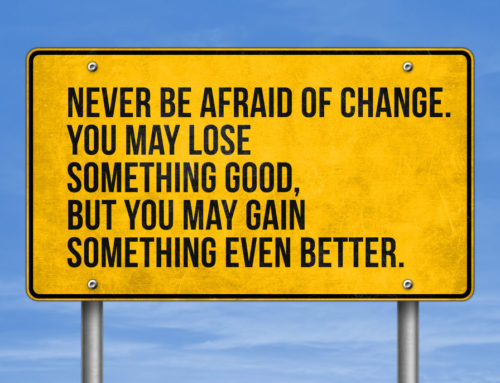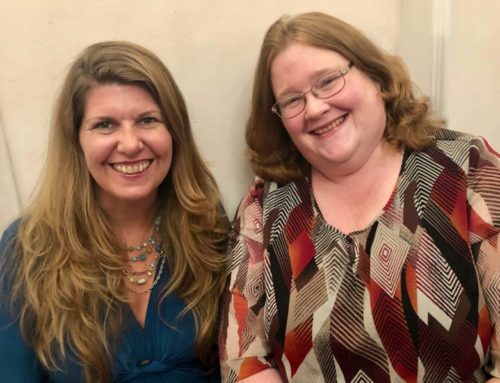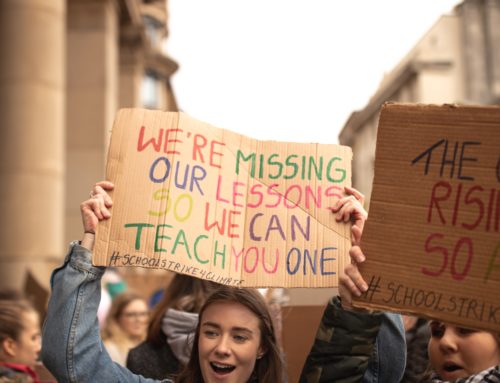Most people who come to the War to Peace workshops believe that they are in conflict with their colleague/sister/husband/boss/mother-in-law, and the conflict feels like a two-way street. I know it did for me when I worked for an international bank (you can watch a short video about my story here, I still cringe as I recall my warring self to be honest!). In fact, most of the time my bad experiences there felt entirely like they were someone else’s fault.
Yet the state of being at War is invariably a lonely one. Whether you are at War or at Peace is something that only you can control so whenever you are in conflict with someone, you are actually at War with yourself. Sure, your colleague/sister/husband/boss/mother-in-law may be at War too, and your  perceptions of their behaviour may leave you feeling justified in how you respond to them, but that decision is always yours and is only controllable by you.
perceptions of their behaviour may leave you feeling justified in how you respond to them, but that decision is always yours and is only controllable by you.
When in conflict, it is typical to believe that the other person needs to change in order for you to feel (and do) better, but the power of the War to Peace methodology is that you not only learn how to become empowered, but also become able to deal more effectively with the other person, regardless of whether the other person changes.
Our workshops and blogs give many ways to change your internal operating system so that you can deal more effectively with the people you find most difficult. But what about when the person who you find most difficult to deal with, and who most often finds you at War, is yourself?
Here are four of the ‘Unlucky 7’ typical signs of being at War and how they might apply to you if you feel that you have become your own worst enemy:
We blame for our actions, thoughts and feelings.
When we are at War with someone else, it’s easy to pile responsibility for our bad feelings and circumstances onto them, freeing ourselves up to play the role of martyr or victim. But when we are at War with ourselves, we can often find ourselves not only taking responsibility for our own bad feelings and circumstances, but those of others as well, leading to crushing misplaced guilt and emotional overwhelm. Begin noticing where you are taking on responsibility for the feelings of others. Is it really yours to take?
We exaggerate behaviour.
If you have a tendency to beat yourself up mentally or verbally, the chances are you will use ‘always’ and ‘never’ a lot, e.g. ‘I’m always late’, ‘I never do well in presentations’, ‘they always do better than I do’ etc. Not only do these prompt a blame game (see previous point), they also sap your self-esteem and become self-fulfilling. Practise catching yourself using these terms and examine whether or not your statements are really true.
We demonise, creating characters that are much worse than reality
One of our previous blog posts Monsters in Your Closet? talked about a cognitive bias which makes it almost impossible to find anything good in someone we perceive as bad, quickly turning them into a caricature of themselves. When we are in the habit of doing ourselves down by exaggeration and blame, it’s very easy to create a demon in the mirror. If you find yourself feeling inadequate or turning into a monster in your own head, shine a light on your perceptions. Are they truly based on reality?
We gather allies and evidence to prove that we are right
A good indicator of the health of our internal operating system is the people we choose to spend time with and listen to. If we are at War with ourselves, we will find ourselves paying attention to the people who support our view of ourselves, and there’s a strong possibility that we will seek out emotionally unhealthy relationships in our work, social and home life. We can help ourselves by listening out for all the messages we receive and being conscious about the ones we choose to believe. Consider whether there are better messages you could be listening to.
Over to you
- Do you recognise any of the signs of being at War with yourself?
- What’s the first step you will take towards being at Peace today?
Could you, or someone you know, benefit from War to Peace®?
If you know someone who would benefit from a fresh view of a colleague, parent, neighbour or loved one, consider War to Peace®. These workshops can be held in your workplace and away from it. Spaces for our next public course that anyone may attend can be booked here:





Leave A Comment